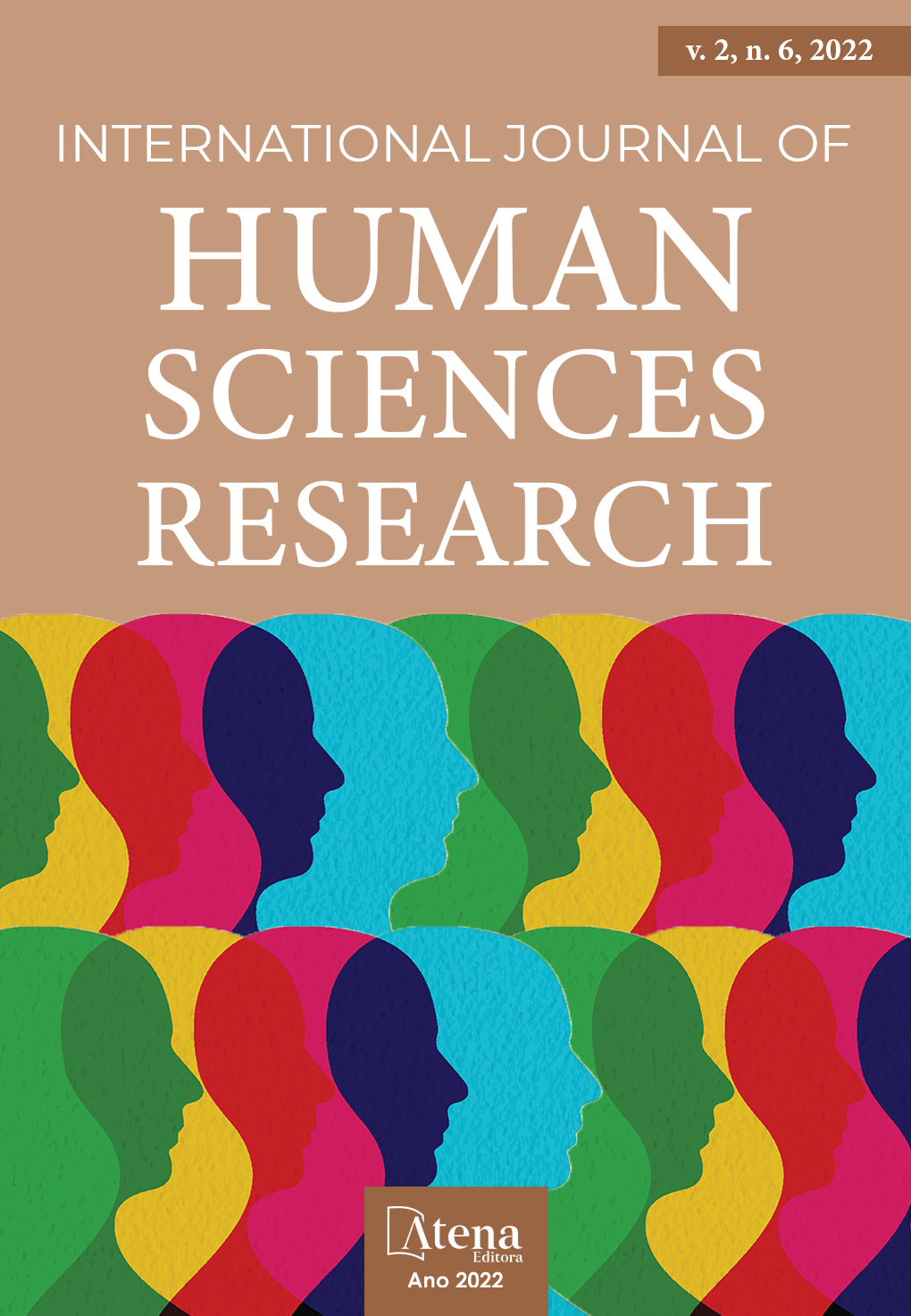
EXPRESSIONS OF THE ETHICS OF CARE IN RESEARCH PROCEDURES: AN EXPERIENCE REPORT
Research carried out in the field of disability commonly uses homogenizing methodological procedures, which do not accommodate the diversity of characteristics of the investigated subjects, prioritize the modes of participation as another expression of the ableism that is present in our society and do not respect differences in the way of expression and participation of each subject. The objective of this work is to share the experience of two researchers, at the doctoral level, who used methodological procedures organized from the contributions of the Universal Design for Learning in order to break with capacitatist and homogenizing practices that are often used in the collection of information and enable a care action in scientific practices. Establishing procedures respectful of the characteristics of the investigated public is a recognition by the academy of the oppressive conditions of scientific production itself. In the same way, reflecting on the production of knowledge based on elements of disability studies from a feminist perspective is to propose attitudes based on human rights, the ethics of care and social justice in the scientific field.
EXPRESSIONS OF THE ETHICS OF CARE IN RESEARCH PROCEDURES: AN EXPERIENCE REPORT
-
DOI: 10.22533/at.ed.558262210031
-
Palavras-chave: Deficiency. Ethics of care. Methodological procedures. Universal Design for Learning. Feminist Studies.
-
Keywords: Deficiency. Ethics of care. Methodological procedures. Universal Design for Learning. Feminist Studies.
-
Abstract:
Research carried out in the field of disability commonly uses homogenizing methodological procedures, which do not accommodate the diversity of characteristics of the investigated subjects, prioritize the modes of participation as another expression of the ableism that is present in our society and do not respect differences in the way of expression and participation of each subject. The objective of this work is to share the experience of two researchers, at the doctoral level, who used methodological procedures organized from the contributions of the Universal Design for Learning in order to break with capacitatist and homogenizing practices that are often used in the collection of information and enable a care action in scientific practices. Establishing procedures respectful of the characteristics of the investigated public is a recognition by the academy of the oppressive conditions of scientific production itself. In the same way, reflecting on the production of knowledge based on elements of disability studies from a feminist perspective is to propose attitudes based on human rights, the ethics of care and social justice in the scientific field.
-
Número de páginas: 10
- Solange Cristina da Silva
- GEISA LETICIA KEMPFER BOCK


